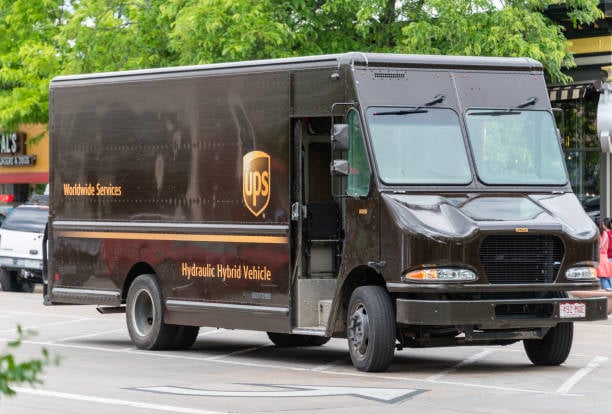UPS TEAMSTERS REDOUBLE STRIKE READINESS AROUND THE COUNTRY
— Teamsters (@Teamsters) July 5, 2023
With @UPS walking away from the national table early this morning, #Teamsters’ practice picketing actions are escalating at UPS barns nationwide. #1u pic.twitter.com/Q8UO0tGYFZ
UPS Strike Looming

Negotiations between UPS Inc. and the International Brotherhood of Teamsters for a new labor agreement came to a halt on July 5, after initially showing promise over the weekend. This development raises concerns that unionized workers may go on strike at the end of the month if a final agreement is not reached.
In a statement issued on July 5, UPS, headquartered in Atlanta, emphasized that there is still nearly a month left for negotiation and that they have not walked away from the table.
They urged the union to fulfill their responsibility and continue negotiations, highlighting that refusing to do so, especially when a resolution seems within reach, causes significant unease among employees and customers while posing a threat to the U.S. economy.
UPS pointed out that only their nonunion competitors stand to benefit from the Teamsters' actions, and they urged the union to return to the negotiating table to finalize the deal. UPS expressed pride in their offer, emphasizing that it includes advantages for their employees.
Contrarily, the union tweeted at 4 a.m. on July 5, stating that it was UPS that had chosen to leave the negotiating table. Teamsters General President Sean O'Brien, in a statement, expressed disappointment in UPS, claiming that the company had made the wrong decision.
The breakdown in negotiations occurred shortly after a July 1 tweet from the Teamsters suggested that a tentative agreement had been reached on three economic issues related to wages for a specific group of drivers, overtime work on scheduled days off, and recognizing Martin Luther King Jr. Day as a company-wide holiday.
The main obstacle hindering progress seems to be related to pay. The 22.4 job classification introduced in 2018, as part of the current contract, pertains to a group of drivers who receive lower hourly wages and fewer benefits compared to full-time drivers. The union has consistently vowed to eliminate this classification in the upcoming contract cycle.
The current contract is set to expire on July 31, and the union has stated that they will not work under an extension. O'Brien aimed to have a complete tentative agreement in place by July 5, so he could present it to the rank-and-file members and seek approval from the union's leadership council and membership. This process typically takes several weeks.
Last month, union members voted in favor of authorizing a strike if no agreement is reached. The union claims to have accumulated over $300 million in a strike fund. The Teamsters union represents more than 340,000 drivers and loaders, while the company handles 25 million packages daily, constituting 6% of the nation's gross domestic product.
Courtesy: Transport Topics